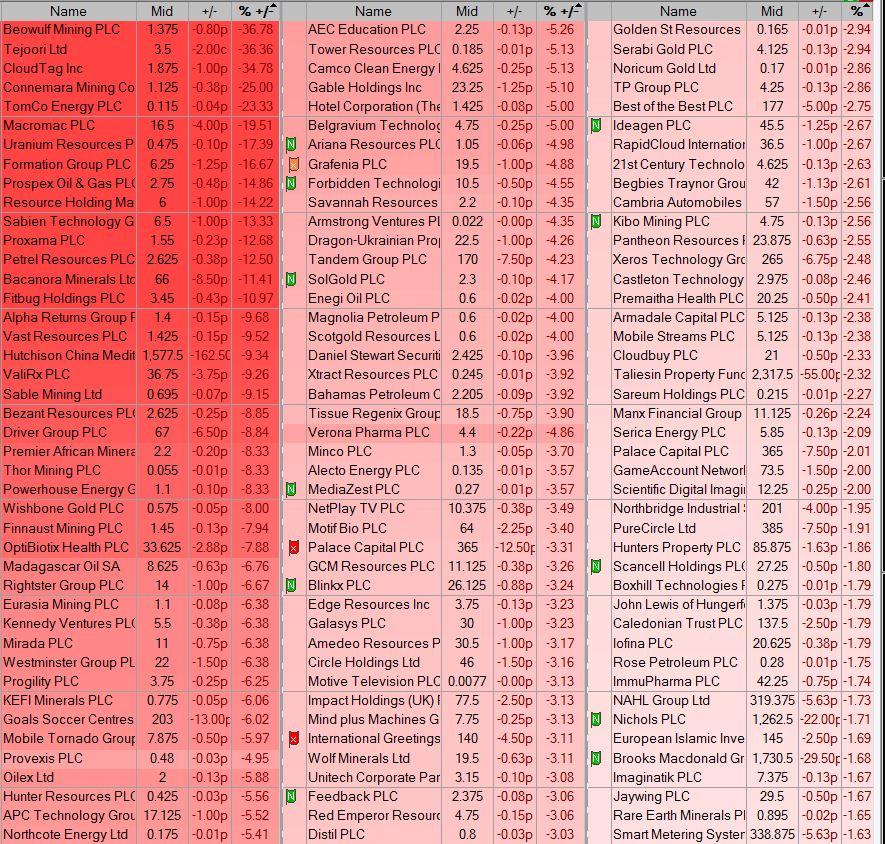Trading in the foreign exchange market requires more than just technical analysis and chart patterns. A well-structured routine built around a forex calendar can mean the difference between consistent profits and costly mistakes. By organising your trading week around key economic events, you can make more informed decisions and better manage your risk exposure.
The Foundation: Understanding Your FX Calendar
Your FX calendar is more than just a schedule of economic releases – it’s a strategic tool that helps you anticipate market movements. Each week brings a new set of economic indicators, central bank announcements, and geopolitical events that can impact currency pairs. Understanding how to interpret and utilize this information is crucial for developing effective trading strategies.
Creating Your Weekly Framework
Sunday Evening: Planning and Preparation
Start your trading week before the markets open. Sunday evening is ideal for:
- Reviewing the upcoming week’s major economic events
- Identifying potential high-impact news releases
- Setting preliminary price alerts for key levels
- Updating your forex bot parameters if you use automated trading
- Checking for any significant gap openings in the Asian session
Monday to Wednesday: Building Momentum
These days typically see steady market activity, making them ideal for implementing your core strategies:
- Execute trades based on your pre-planned setups
- Monitor medium-impact economic releases
- Focus on major currency pairs during peak liquidity hours
- Adjust positions based on emerging market trends
- Maintain strict risk management protocols
Thursday: High-Impact Day
Thursday often brings significant market movements due to important economic releases:
- Pay special attention to US employment data and central bank announcements
- Be prepared to adjust or close positions before major news events
- Look for potential breakout opportunities
- Review and update your stop-loss levels
- Consider reducing position sizes during volatile periods
Friday: Consolidation and Analysis
The last trading day of the week requires a more conservative approach:
- Close or reduce high-risk positions before the weekend
- Document the week’s trading performance
- Analyze what worked and what didn’t
- Update your trading journal
- Begin preliminary analysis for the following week
Essential Components of Your Daily Routine
Pre-Market Analysis (30 Minutes)
Before each trading session:
- Check overnight developments
- Review your forex calendar for upcoming events
- Identify key support and resistance levels
- Assess overall market sentiment
- Update your watchlist
Active Trading Sessions (2-4 Hours)
During your chosen trading windows:
- Monitor open positions
- Execute planned trades
- Maintain position sizing discipline
- Follow your risk management rules
- Document trade rationale and outcomes
Post-Session Review (30 Minutes)
After completing your trading day:
- Calculate daily performance metrics
- Update your trading journal
- Identify areas for improvement
- Prepare for the next session
- Adjust strategies as needed
Leveraging Technology Effectively
While many traders rely on manual analysis, incorporating technology can enhance your routine. A well-configured forex bot can help monitor markets 24/7 and execute trades based on your predetermined criteria. However, remember that automation should complement, not replace, your human judgment.
Risk Management: The Cornerstone of Success
No trading routine is complete without robust risk management protocols. Successful traders typically:
- Limit risk to 1-2% per trade
- Use appropriate position sizing
- Set clear stop-loss and take-profit levels
- Avoid trading during major news events if their strategy isn’t designed for it
- Maintain a healthy work-life balance to prevent emotional trading
Adapting Your Routine for Profitable Outcomes
A trading routine isn’t static – it should evolve with your experience and changing market conditions. Regular review and adjustment of your approach helps ensure sustained performance. Pay attention to:
- Which times of day yield your best results
- Which currency pairs suit your trading style
- How different market conditions affect your strategy
- Your emotional state during trading sessions
- The effectiveness of your risk management approach
Measuring Success
Track your progress using both quantitative and qualitative metrics:
- Win rate and risk-reward ratio
- Monthly and quarterly returns
- Adherence to your trading plan
- Emotional control during trades
- Quality of trade execution
Conclusion
Building a successful trading routine around your forex calendar takes time and dedication. The key is consistency in execution and continuous improvement. By following a structured approach, maintaining discipline in risk management, and regularly reviewing your performance, you can work toward achieving consistent profits in the forex market.
Remember that profitable trading isn’t about making money every day – it’s about following your routine and trusting your process. The most successful traders are those who stick to their plans and maintain discipline, especially during challenging market conditions.
Your trading routine should serve as a framework for success, not a rigid set of rules that prevent adaptation to changing market conditions. Stay flexible, keep learning, and always prioritize risk management over potential profits. With time and dedication, your routine will become second nature, helping you navigate the complex world of forex trading with greater confidence and consistency.











